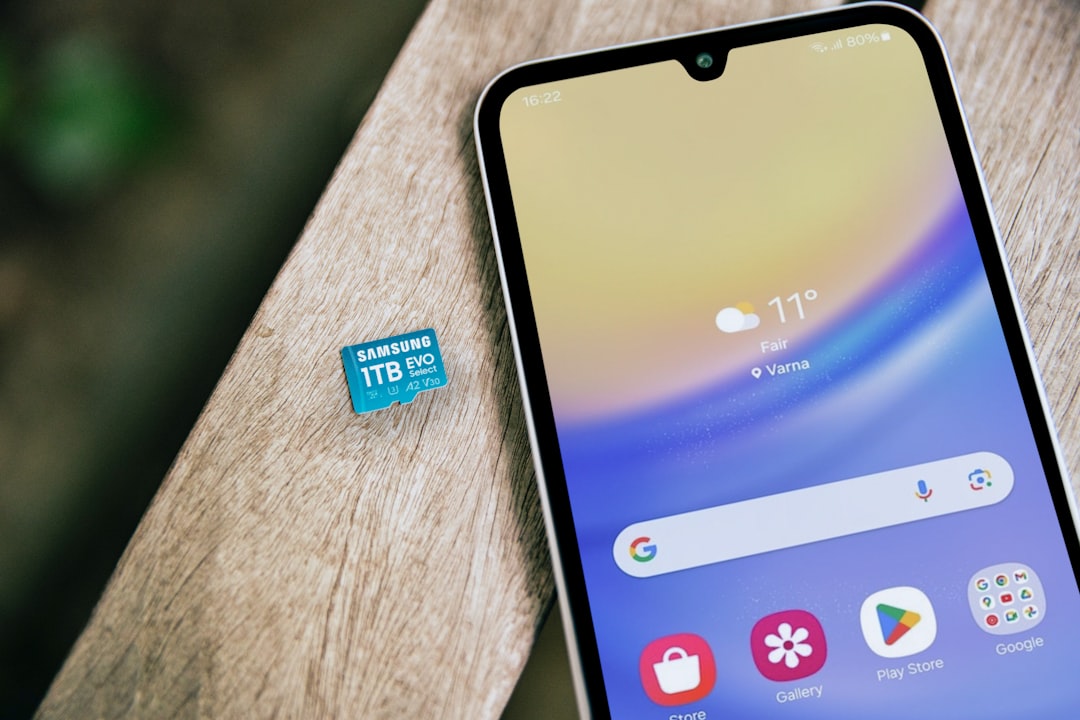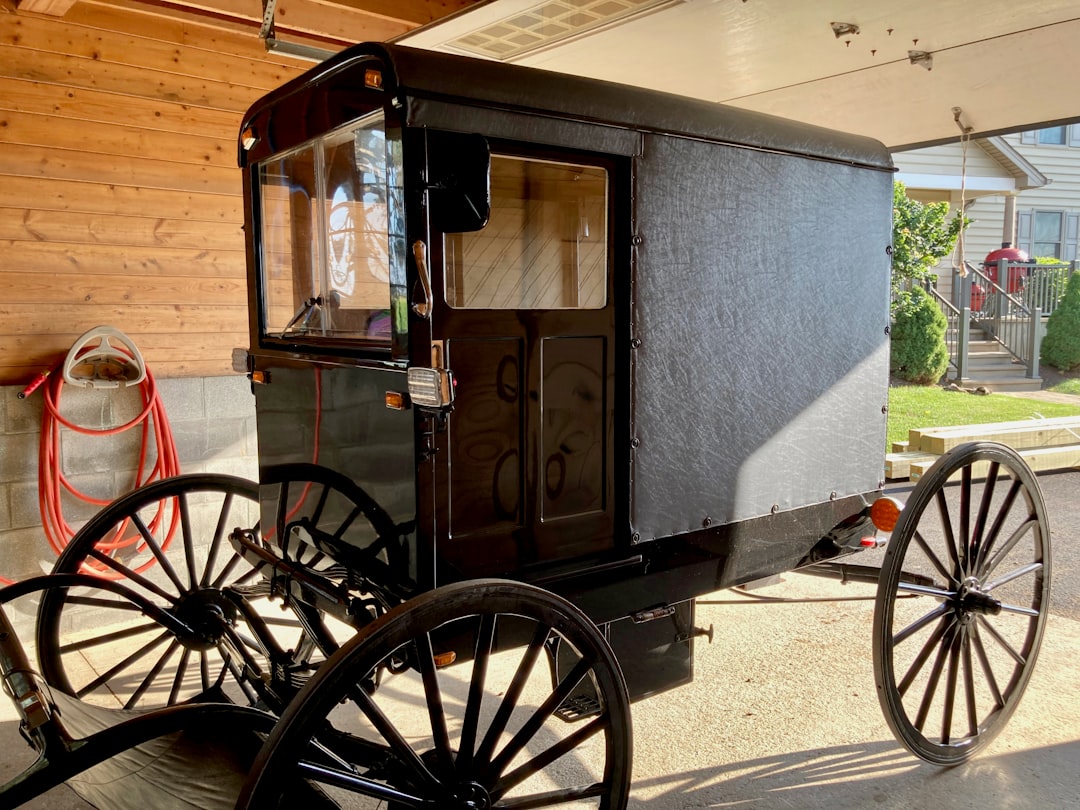Robocalls are a growing problem in Pennsylvania, with laws like TCPA and state regulations offering protection. Residents use apps like Hiya and TrueCall to block spam calls, report offenders, and reclaim control over their mobile communication, including combating robocall attorneys. These tools enhance safety by filtering fraudulent messages and phishing attempts.
Pennsylvania residents face a daily deluge of unwanted robocalls, from political messages to scam artists. Understanding these tactics and their legal implications is crucial. This guide explores effective solutions through mobile apps designed to combat robocalls in PA. We delve into the state’s legal frameworks targeting robocallers and provide a step-by-step tutorial on using apps to block calls. By empowering Pennsylvania consumers with knowledge, this article aims to help them protect their privacy and avoid potential scams, assisted by robust legal backing from robocall attorneys.
Understanding Robocalls and Their Impact in Pennsylvania

Robocalls have become a persistent nuisance for many residents of Pennsylvania, as automated phone calls from telemarketers, political campaigns, and scam artists inundate their daily lives. These pre-recorded messages, often delivered en masse, are designed to reach a wide audience quickly, but they can have detrimental effects on individuals and communities. The sheer volume of robocalls can lead to frustration, wasted time, and even financial loss for those who fall victim to scams or phishing attempts.
In Pennsylvania, where privacy laws are stringent, residents expect their phone numbers to be respected. Unfortunately, the ease of deploying robocall technology has led to a surge in unauthorized calls, prompting many individuals to seek legal recourse against these intrusive practices. A robocall attorney in Pennsylvania can help victims understand their rights and navigate the complexities of consumer protection laws to hold offenders accountable for violating privacy regulations.
Legal Frameworks Against Robocallers in PA: What You Need to Know

In Pennsylvania, the battle against robocalls is supported by a robust legal framework designed to protect residents from unwanted and fraudulent calls. The Telephone Consumer Protection Act (TCPA) serves as a cornerstone of this protection, prohibiting automated or prerecorded calls to mobile phones without prior express consent. This federal law is complemented by state-level regulations that further tighten restrictions on robocallers.
Pennsylvania’s Attorney General’s Office actively enforces these laws and offers resources to help residents understand their rights. Consumers can take legal action against robocallers, seeking damages for each violation of the TCPA. By leveraging these legal frameworks, Pennsylvania residents have powerful tools at their disposal to combat robocalls effectively and reclaim control over their mobile communication experiences.
Best Mobile Apps to Combat Robocalls Effectively

In the battle against relentless robocalls, several mobile apps have emerged as powerful tools for Pennsylvania residents seeking relief. These applications offer a range of features designed to identify and block unwanted calls from persistent robocallers. One popular choice is Hiya, which uses machine learning algorithms to detect and filter out spam calls in real-time. It provides users with detailed information about the callers, allowing them to block or report the numbers effectively.
Another highly effective app is TrueCall. This robust platform not only blocks robocalls but also offers a safe browsing experience by filtering out phishing attempts and fraudulent messages. TrueCall’s extensive call history database enables users to quickly identify and manage unwanted calls from known spam sources. With these apps readily available in Pennsylvania, residents now have the means to reclaim their phone lines from incessant robocalls, ensuring a smoother and safer communication experience.
Step-by-Step Guide: Using Apps to Stop Robocalls in PA

In Pennsylvania, a growing number of residents are turning to mobile apps as a step-by-step guide to effectively stop robocalls. Here’s how it works: first, download an app designed to block unwanted calls, many of which are from robocall attorneys. These apps use advanced algorithms and databases that identify and filter out known spam numbers. After installation, users typically need to grant the app permission to manage incoming calls. Next, customizable settings allow you to specify types of calls you want to block, such as those from specific areas or with certain keywords. Finally, the app does its magic by automatically diverting or silencing these robocalls, providing immediate relief and enhancing your phone’s overall user experience.






